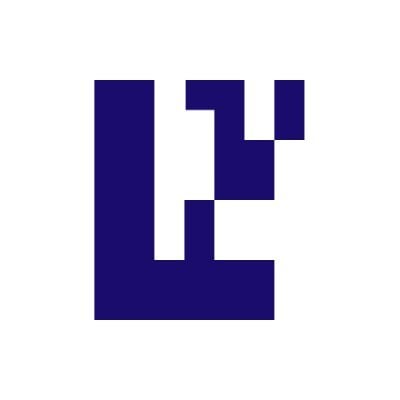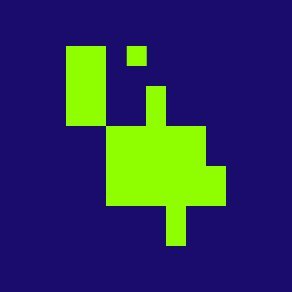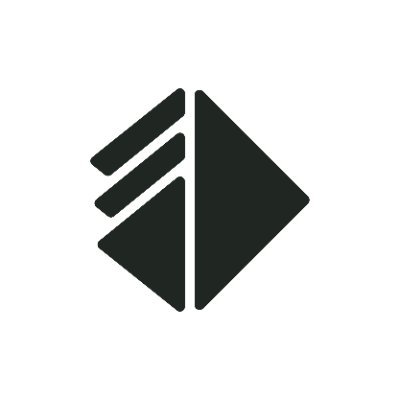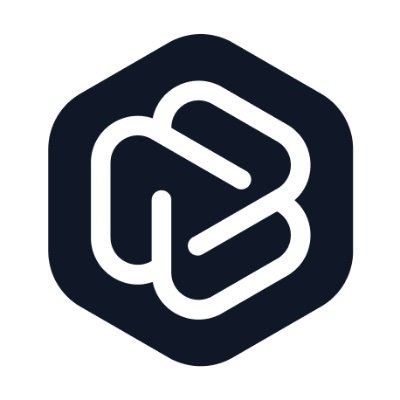A summary of well-known AVS projects in the EigenLayer ecosystem
Author: Bluru, imToken
EigenLayer is a technical protocol created on Ethereum that introduces the feature of Restaking. As of June 5, 2024, over 5.309 million ETH have been restaked on the EigenLayer protocol.
Users holding ETH and those holding certain liquidity assets (LST) related to ETH can restake their assets on EigenLayer.
By restaking assets through EigenLayer, users can earn asset rewards again, while developers can leverage the existing validator set and staked ETH on Ethereum to launch new Actively Validated Services (AVS) ------ this means that when developers want to build a new protocol on Ethereum, they no longer need to build security infrastructure from scratch and launch a PoS network, effectively reducing development complexity.
EigenLayer founder Sreeram Kannan has stated: "EigenLayer is the verifiable cloud of the crypto space." ------ The core technology that opens up "cloud security validation" protocols for the Web3 ecosystem is the aforementioned "Actively Validated Services (AVS)".
What are Actively Validated Services (AVS)?
Actively Validated Services (AVS) refer to any system that requires its own distributed validation semantics for verification, such as sidechains, data availability layers, virtual machines, Web3 Keeper networks, bridges, threshold encryption schemes, trusted execution environments, etc. Each actively validated service (AVS) has a set of smart contracts.

△ EigenLayer Ecosystem Structure Diagram
Understanding EigenLayer's Actively Validated Service Projects
On April 9, 2024, EigenLayer launched the operator and Actively Validated Services (AVS) module on the mainnet. As of June 5, 2024, the EigenLayer official website has announced 13 launched actively validated service projects and 8 new types of actively validated service projects based on Rollup, which are:
EigenDA
EigenDA was launched on the mainnet in the second quarter of 2024, developed by EigenLabs, and is the first actively validated service project on EigenLayer. It can also be tested and developed on the Holesky testnet.
For technical documentation, please refer to: https://docs.eigenlayer.xyz/eigenda/overview/
Aethos
Aethos is a decentralized strategy engine that allows for customized trading rules. Aethos utilizes off-chain computation and achieves cryptoeconomic consensus through EigenLayer.
For technical documentation, please refer to: https://docs.aethos.network/aethos
AltLayer
AltLayer is a decentralized Rollup protocol that uses EigenDA for data availability.
For technical documentation, please refer to: https://docs.altlayer.io/altlayer-documentation
Blockless
Blockless is an infrastructure platform for launching, integrating, and protecting network-neutral applications (nnApps).
For technical documentation, please refer to: https://blockless.network/docs
Drosera Network
Drosera is a protocol that can create automated monitoring systems for decentralized applications.
For technical documentation, please refer to: https://dev.drosera.io/docs/intro/
Espresso
Espresso is a shared sequencing tool connecting Layer2, aimed at providing technical means to enhance interoperability for Rollup while maintaining security consistency with Ethereum.
For technical documentation, please refer to: https://docs.espressosys.com/sequencer
Ethos
Ethos is a security coordination layer that supports Cosmos by leveraging the economic security brought by staked ETH.
For technical documentation, please refer to: https://docs.ethosstake.com/ethos/overview
Hyperlane
Hyperlane is the first permissionless, shared-use interoperability layer for building modular blockchain stack services.
For technical documentation, please refer to: https://docs.hyperlane.xyz/docs/intro
Lagrange
Lagrange is a decentralized prover network, with the first two protocols being the zero-knowledge proof-based ZK Coprocessor and State Committees.
For technical documentation, please refer to: https://docs.lagrange.dev
Near
Near has built-in account abstraction and interoperability with other chains, utilizing chain signatures to control accounts on other chains.
For technical documentation, please refer to: https://docs.near.org
Omni
Omni is an interoperability protocol based on Ethereum, used to establish low-latency communication between Rollups on Ethereum.
For technical documentation, please refer to: https://docs.omni.network
Silence Laboratories
Silence Laboratories serves to build verification libraries and software development kits (SDKs) based on multi-party secure computation (MPC-TSS).
For technical documentation, please refer to: https://docs.silencelaboratories.com/welcome
Witness Chain
Witness Chain can transform unverified physical attributes of DePIN networks into measurable, verifiable digital proofs, which can then be used by different applications or DePIN chains for validation to build new products and services.
For technical documentation, please refer to: https://docs.witnesschain.com
Understanding EigenLayer's New Type of Actively Validated Service Projects: Restaked Rollup
Restaked Rollup is a new category of actively validated services on EigenLayer that combines multiple services into a single Rollup service, allowing users to not only earn restaking rewards from Restaked Rollup projects but also utilize multiple service functions simultaneously.
AltLayer
See the description in the "Actively Validated Projects" section above.
Caldera
Caldera is a Rollup deployment platform that uses EigenDA as a data storage layer, allowing for the rapid deployment of high-performance, application-specific Rollups using Arbitrum Nitro, Optimism Bedrock, zkSync ZK Stack, and Polygon CDK frameworks.
For technical documentation, please refer to: https://docs.caldera.xyz/quickstart
Celo
Celo uses EigenDA as a data storage layer, providing a range of technical frameworks and modular functionalities to support the development of decentralized applications.
For technical documentation, please refer to: https://docs.celo.org/developer
Cyber
Cyber is a modular Layer2 network using EigenDA as a data storage layer, focusing on becoming the social layer for web3 applications, supporting reading, writing, and composing embedded social graph protocols.
For technical documentation, please refer to: https://docs.cyber.co/build-on-cyber/contract-deployment
LayerN
LayerN is a Layer2 network using EigenDA as a data storage layer, designed to create a high-performance, freely usable virtual machine execution environment that enables a higher level of on-chain computation (Trustless Computing).
For technical documentation, please refer to: https://docs.layern.com
Mantle
Mantle is a modular blockchain network developed by BitDAO that uses EigenDA as a data storage layer, aimed at building scalable solutions compatible with the Ethereum virtual machine execution environment.
For technical documentation, please refer to: https://docs-v2.mantle.xyz
Movement
Movement includes modular blockchain networks M1 and M2 that use EigenDA as a data storage layer and utilize the Move programming language.
For technical documentation, please refer to: https://docs.movementlabs.xyz
Polymer Labs
The protocol developed by Polymer Labs combines the settlement capabilities of the Optimism stack, the interoperability features of the Cosmos SDK, and uses EigenDA as a data storage layer.
For technical documentation, please refer to: https://docs.polymerlabs.org/docs/quickstart/start
Versatus
Versatus is the world's first Stateless Rollup, facilitating the development of decentralized applications.
For technical documentation, please refer to: https://docs.versatus.io















